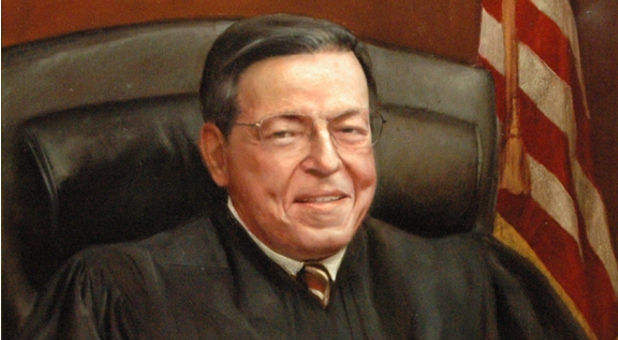Puerto Rico Judge Stands Up to Gay Marriage Onslaught
U. S. District Court Judge Juan M. Pérez-Giménez upheld the Commonwealth of Puerto Rico’s definition of marriage as a union of “a man and a woman” and “husband and wife.”
Judge Pérez-Giménez, who was appointed by President Jimmy Carter, ruled that the Supreme Court’s own 1972 dismissal of a Minnesota case claiming a constitutional “right” of same-sex couples to “marry,” Baker v. Nelson, constitutes a binding precedent that can only be overridden by the Supreme Court itself, not by the district or circuit courts.
FRC President Tony Perkins made the following comments:
“Judge Pérez-Giménez serves as a model of judicial restraint in the face of an epidemic of federal judges legislating from the bench on the issue of marriage. It is time for other courts to follow his example, and the Supreme Court shouldn’t allow activist lower courts to redefine states’ marriage laws.
“Judge Pérez-Giménez not only rejected the constitutional arguments for redefining marriage, but succinctly made the case for natural marriage, noting that ‘the very survival of the political order depends upon the procreative potential embodied in traditional marriage.’ He is correct in saying that this is among the ‘principles of logic and law that cannot be forgotten.’
“In my recent Fox News Sunday debate with attorney Ted Olson, I challenged him to articulate what boundaries may be placed if ‘love’ is the only criteria for marriage. He refused to do so. Judge Pérez-Giménez offered the same challenge, asking, ‘[A]re laws barring polygamy, or, say the marriage of fathers and daughters now of doubtful validity? … [T]hose seeking sweeping change must … articulate the principles that they claim will limit this newly fashioned right.’
“Every judge considering a marriage case—and every public official charged with administering or enforcing his or her state’s laws on marriage—should read and take guidance from this ruling,” concluded Perkins.















































